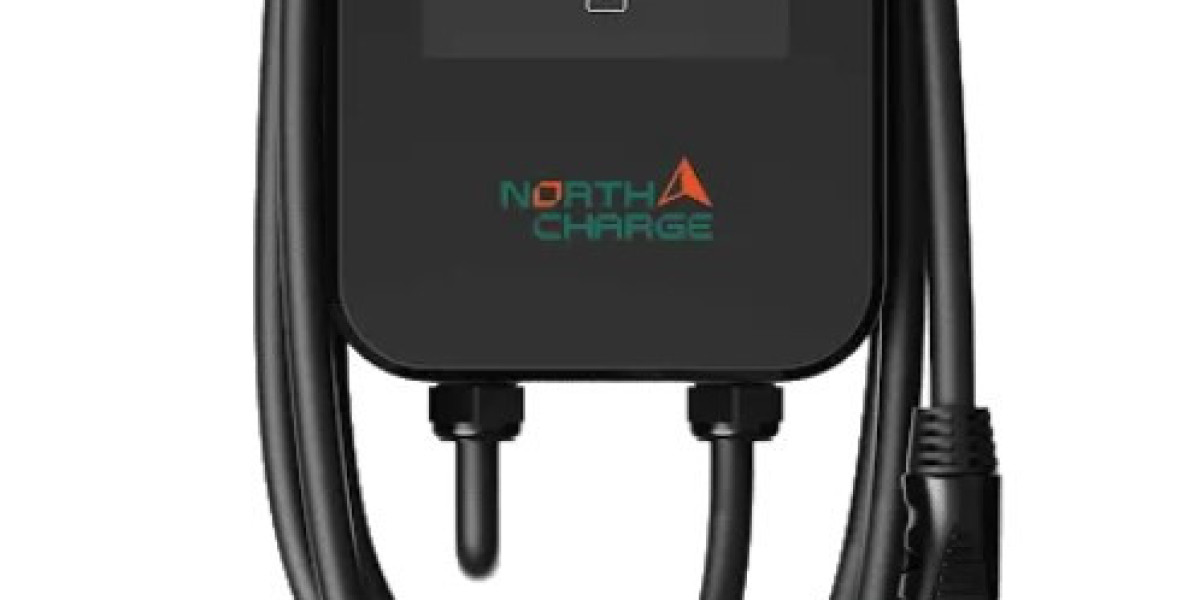Key Considerations for Electric Car Charger Installation
- Location and Accessibility: The first step in electric car charger installation is determining the ideal location. It should be easily accessible to EV owners while adhering to local regulations and guidelines. Common installation locations include residential homes, parking garages, workplaces, and public spaces.
- Charging Speeds: EV chargers come in various levels based on charging speeds – Level 1 (120V), Level 2 (240V), and Level 3 (DC fast charging). Level 1 chargers are suitable for overnight charging, while Level 2 chargers offer faster charging times and are ideal for daily use. Level 3 chargers provide rapid charging for long-distance travel.
- Power Supply and Capacity: Adequate power supply is crucial for optimal charging performance. It's essential to assess the available electrical capacity and make any necessary upgrades to support the charger's requirements.
- Charger Compatibility: Different EV models have varying charging standards. Ensure that the chosen charger is compatible with the EVs that will be using it. Universal chargers that support multiple standards can be a versatile choice.
- Smart Charging Features: Many modern EV chargers come with smart features such as scheduling, remote monitoring, and energy management. These features enhance user convenience and help manage electricity consumption effectively.
- Costs and Incentives: Evaluate the overall costs of installation, including equipment, electrical work, and potential incentives or rebates offered by local governments or utility companies. Long-term savings from reduced fuel costs should also be factored in.
Best EV Chargers in the Market
- Tesla Wall Connector: Designed specifically for Tesla vehicles, the Tesla Wall Connector offers high charging speeds and a sleek design. It can be installed both indoors and outdoors, making it a popular choice for Tesla owners.
- JuiceBox Pro 40: This Level 2 charger offers a compact design and Wi-Fi connectivity for remote control and monitoring. It supports various EVs and allows for easy energy management.
- ClipperCreek HCS-40: Known for its durability and reliability, the ClipperCreek HCS-40 is a versatile Level 2 charger suitable for both residential and commercial installations.
- ChargePoint Home Flex: With adjustable power settings, the ChargePoint Home Flex is compatible with various electrical systems. Its user-friendly app provides real-time charging data and allows for scheduling.
- EVBox Elvi: This stylish charger offers fast-charging capabilities and can be customized to fit different power levels. It features smart charging features and is suitable for both private and public installations.
Conclusion
Installing electric car chargers is a crucial step in promoting the adoption of electric vehicles and reducing greenhouse gas emissions. When considering electric car charger installation, factors such as location, charging speeds, compatibility, and smart features should be carefully evaluated. The market offers a range of high-quality EV chargers, including the Tesla Wall Connector, JuiceBox Pro 40, ClipperCreek HCS-40, ChargePoint Home Flex, and EVBox Elvi, each catering to different user needs. By making informed decisions and investing in the right EV charger, individuals and communities can contribute to a cleaner and more sustainable transportation future.



